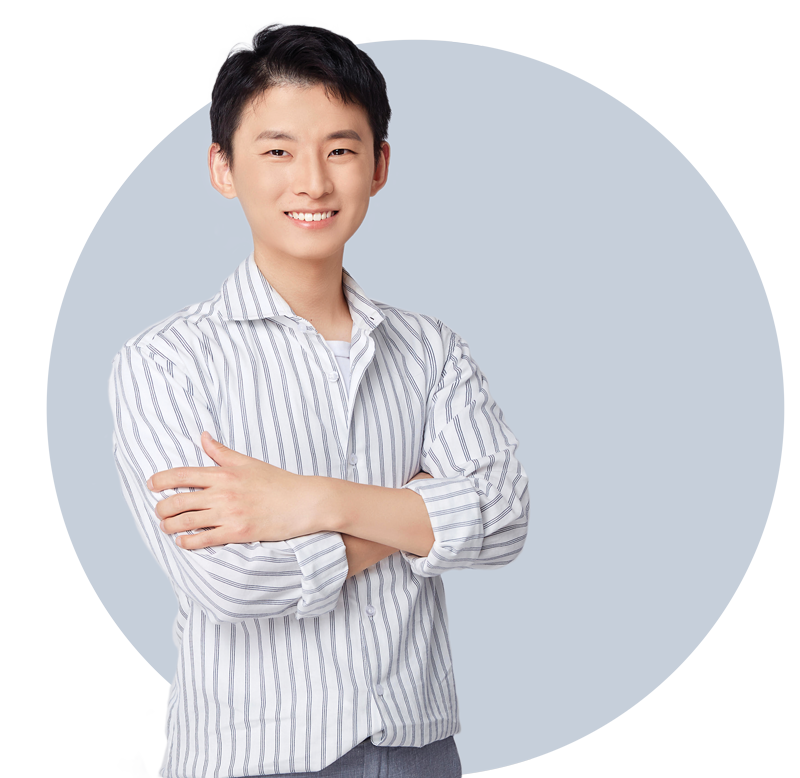How did life originate on Earth? It’s a complex question that Jihua Hao is unravelling by modelling the surface environment of ancient Earth.
“It was a very different environment from now — no oxygen in the atmosphere, no vegetation on the land. To study Earth’s earliest environmental conditions that could sustain life, I focus on the essential nutrients for life,” explains Hao, a CIFAR Azrieli Global Scholar in the Earth 4D program and a senior research scientist at the University of Science and Technology of China in Hefei, Anhui, China.
Using experimental techniques and theoretical simulations, Hao mimics the planet’s conditions 2.5 billion years ago and studies the chemistry of bio-essential elements, such as phosphorus, sulfur and metals that make up enzymes. He mainly simulates the behaviour of these bio-essentials under anoxic and acidic conditions.
“CIFAR is a really good platform to grow my knowledge and research pursuits.”
As a PhD student, his work revealed that some nutrients may be more limiting than others in sustaining early life.
“I was so excited about these findings and look forward to contributing more to our understanding of life on ancient Earth,” says Hao.
Hao is also applying his techniques to researching the habitability of other planets, including the chemistry of the ocean water inside Saturn’s moon, Enceladus.
“Enceladus has a kilometres-thick layer of ice, but below that is liquid ocean. I was quite curious about the nutrients and organics in there. And that has led to some exciting findings that we hope to publish soon,” he says.
Another project Hao is excited to work on is in collaboration with Bénédicte Ménez, Advisor in the Earth 4D program. They are using analytical and modelling techniques to understand how organics found in fluid-filled rocks were able to form.
“It is a peculiar setting for enriched organics to be found,” explains Hao. “So the question is, if these organics can be synthesized naturally without the influence of life in the rock, then this could inform our understanding of how life started on Earth.”
Though his work looks downwards into the subsurface and upwards to other planets, Hao is also looking ahead. He hopes to leverage the connections he’s making through CIFAR to further his research and expand the field of astrobiology in China.
“I feel so honoured to be a Global Scholar,” he says. “CIFAR is a really good platform to grow my knowledge and research pursuits. We don’t have programs like this in China so far, so I hope to leverage this wonderful opportunity to become a leading expert in astrobiology. Then I can help cultivate its growth by mentoring my students as the future leaders in this field.”
Related Articles
-
CIFAR welcomes new and renewed Canada CIFAR AI Chairs
December 04, 2025
-
Building safer AI with advanced evaluation methods
December 03, 2025
-
Jacobs CIFAR Research Fellowship supports next-gen research on childhood development and learning
November 24, 2025
-
CIFAR launches new AI safety Networks to address synthetic evidence in the legal system and linguistic inequality
November 19, 2025
